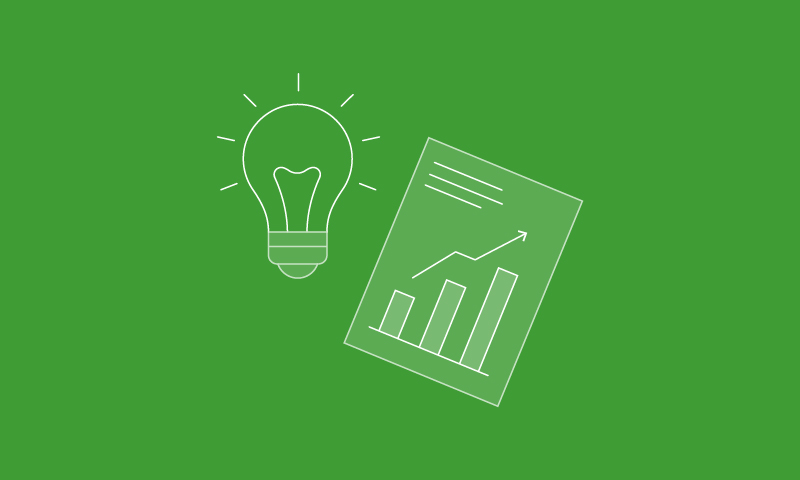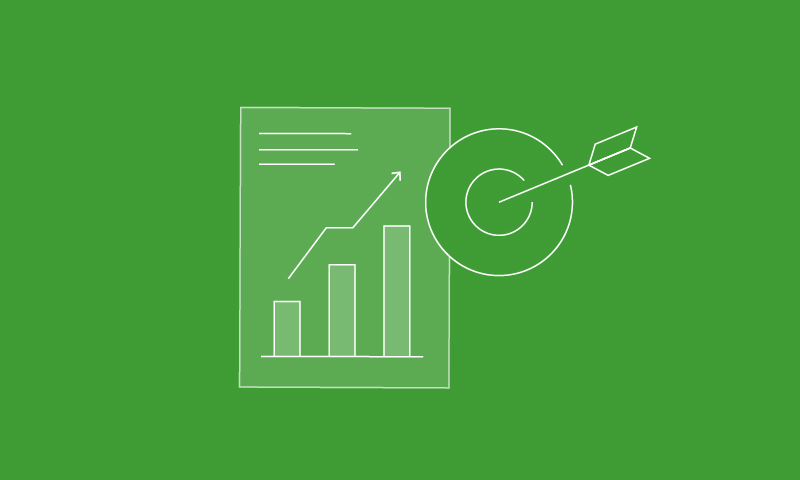12 December 2022
The value of data is certainly not a new topic. As organisations look to the future with undoubtedly a bigger focus on digital transformation, understanding, trusting and using data has become ever more important.
Data and analytics provide unique insights that organisations can use to drive value, enhance decision making, promote organisational excellence and create market advantage. They can also be used to continuously monitor business and financial transactions, highlighting issues before they escalate into damaging problems.
Data driven decision-making is one aspect but looking outside the realms of reporting and analytics, data is equally crucial to enable process improvement and automation. Companies that understand the data they have, where and how it is held, who has access to it and how to protect its integrity are better placed to realise its potential.
A key component of any digital transformation programme should be to define a data and analytics strategy; looking at simplifying your data and application landscape. This starts with understanding the data you have, where and how it is processed and by whom and how it can be linked with other data both internal and external to your organisation. Linking your business processes with the data they require and the data they create will allow you to identify owners for your data sets and to introduce data governance, both of which will drive better quality data.
The term ‘garbage in, garbage out’ has often been used to describe reports and dashboards that offer little in terms of insight or value to an organisation. The same will apply to attempts to automate processes that rely on properly structured underlying business data to return a successful result. As part of your data and analytics strategy careful thought must be given to data management to ensure data is complete, correct and consistent, and your overarching data policies must be communicated and understood throughout the organisation.
Too many businesses overlook the importance of mapping and validation rules, or fail to enforce the rules they define. Assigning ownership and accountability for data and ensuring data processors understand the importance of their role in creating quality data is key to unlocking its potential.
So too is aligning your data to your business strategy. Knowing where you want to go as an organisation and then setting your data up to support your strategic objectives has always been an integral part of any data and analytics strategy.
Recent events require companies more so than ever to understand the behaviour and needs of their customers, the strengths and weaknesses of their portfolio of products or services and the opportunities that exist in the marketplace. Keep in mind that the trading environment has changed, so previously valuable data may now be useless and similarly data that has typically been overlooked may now bring benefit.
Pandemic behaviours are also undoubtedly impacting the type and volume of data available. For some organisations this might mean reduced and skewed data volumes while for others it might mean looking to data generated outside your organisation. Consideration must be given to the interpretation of data trends in light of changes in consumer behaviour and companies should seek to find new ways of predicting client behaviours, leveraging digital channels and exploring data available through social media.
The increasing number and type of data sources available to organisations gives rise to the need for data in silos to be brought together into a single platform, thus further increasing the value of that data. Creating a robust single source of the truth is imperative for gaining the trust of your organisation when it comes to data and analytics. A solid data platform with consistent data definitions will ensure your stakeholders and business users understand and trust the information presented to them. This in turn will limit the possibility of siloed teams or departments boycotting your data and analytics platform in favour of their own manual reporting solutions.
With much of the workforce operating remotely and an acceleration in the roll out of digital technologies to support the new ways of working, it is equally important that the data governance aspect of your data and analytics strategy focuses on data access and security to ensure the right people have access to the right data.
With a single source of truth in place, properly governed and secured, your data and analytics strategy should turn its attention to the data outputs, ensuring reports and dashboards are designed with your business objectives in mind and with a view to providing actionable information. A simple dashboard delivering information that prompts action is far more powerful than a dashboard containing vast numbers of metrics that don’t highlight specific action areas. Actionable information promotes an agile organisation, allowing businesses to react quickly to changing market conditions and the needs of their customers.
Similarly, the way in which information is delivered to business leaders is paramount to timely decision making. Pushing reports out to mobile devices so that information is available at the touch of a button at the start of each day will result in immediate action. This is far more effective than business leaders searching for reports or relying on their teams to pull data together manually which is often out of date by the time it arrives.
In summary, whether your goal is to improve customer satisfaction, exploit market opportunities, reduce costs, increase revenue and profitability, introduce process automation and performance improvements, increase productivity, identify training needs or simply to be in a position to act faster using reliable information, making intelligent use of data analytics will set you apart from the competition. Your data holds the answers.
For more information on how RSM can help your organisation through these challenging times, please contact Sarah Belsham.






